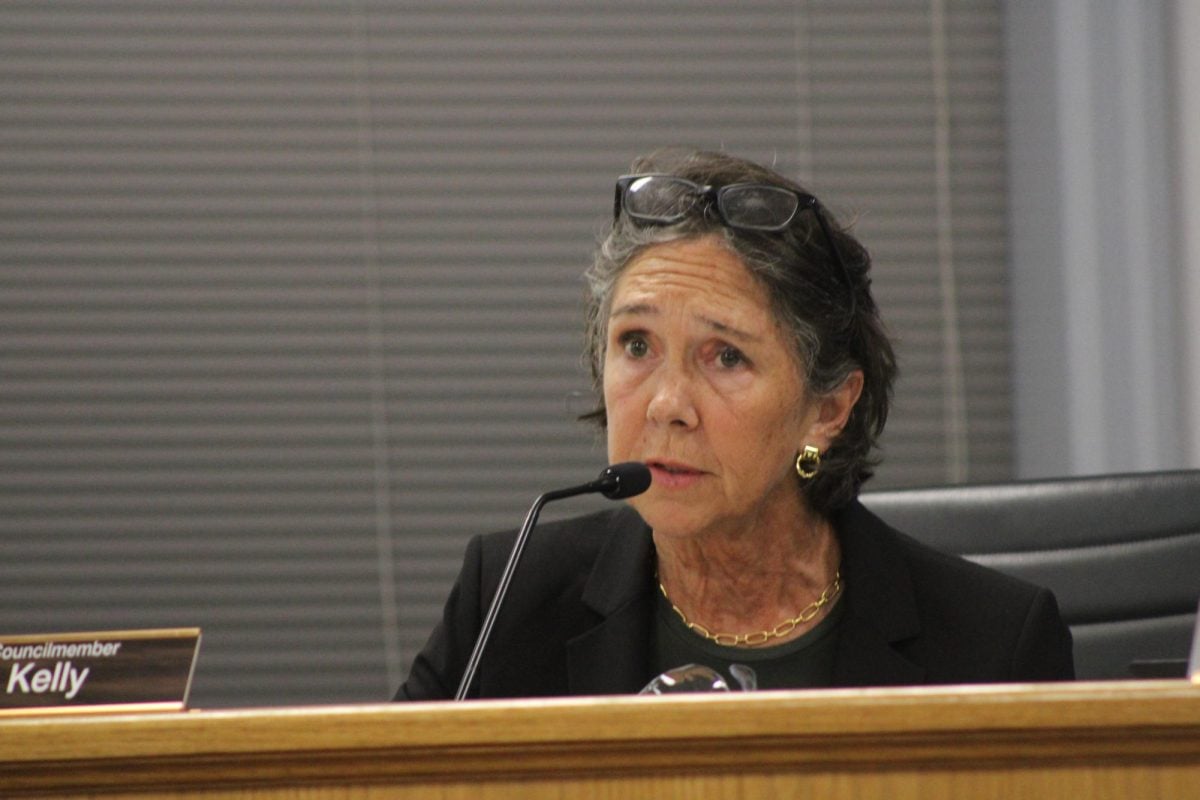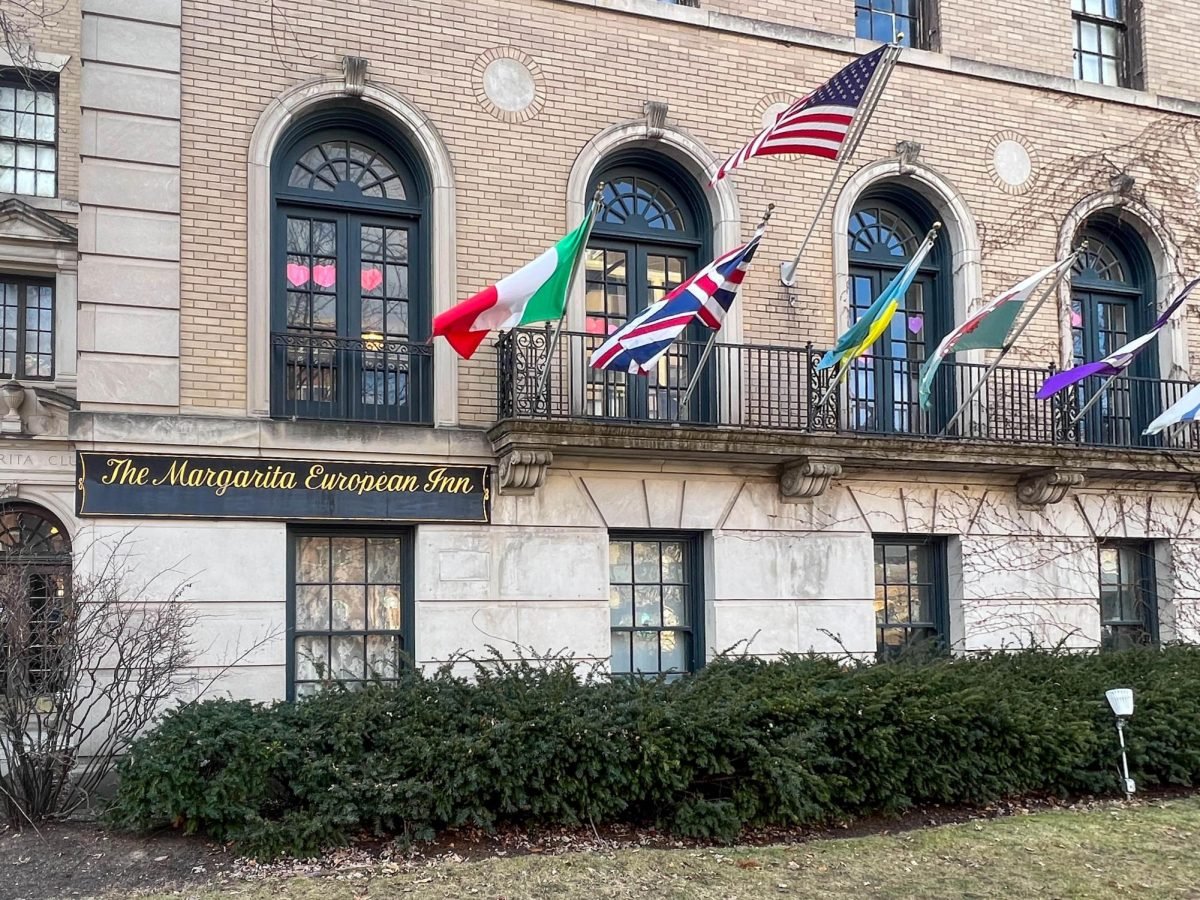Evanston Township trustees voted Tuesday to move forward with initiatives at the state and local levels that would clarify how the Evanston Township can be dissolved and gauge public opinion on the issue, respectively.
By a 6-3 margin, the city council members, sitting as trustees in the session, decided to green-light plans to ask the Illinois legislature to amend existing statues to make explicit the process by which an individual township can be abolished. The resolution, which will be drafted by city attorney Grant Farrar, will be considered at the Dec. 12 city council meeting.
In a different vote, trustees approved 5-4 plans to direct Farrar to draft an advisory referendum that would ask voters if the township should be eliminated and have its services absorbed by the city government. The referendum, which is not binding, would appear on the March 20, 2012 general election ballot.
Engaging in occasionally spirited debate, trustees mainly expressed concerns over partaking in a township dissolution process whose steps are unclear and whether Evanston residents actually favor the action.
“We have a procedural problem in front of us,” Ald. Don Wilson (4th) said. “I would prefer to dissolve the township, but there is not a clear path.”
At issue is the absence of precedent on how to rid a coterminous township like Evanston, or one whose boundaries coincide with those of the city. The township is mainly responsible for administering the city’s general assistance program, or various benefits allocated to adults without children.
Farrar, who has been researching the legality of township-altering action, said a conflict exists among the Illinois constitution and the township code. The constitution states voters in a single township can vote to dissolve it through a referendum, while the township code only provides for how a township can be dissolved countywide.
“The board is entering unchartered territory,” Farrar said. “It’s an open area of law.”
Wilson, who introduced the idea of taking the issue to the state House, said it would help the city avoid entanglement in legal battles, in which its initiation of township-dissolving action could be found unlawful.
Currently, a state provision stipulates 10 percent of voters must petition to dissolve the township, which Farrar said is an alternative to the scheduling of a referendum and further points to conflict appearing on different levels.
Trustees are “at peril” if they disregard the provision, Wilson said.
“What we can do is go to the legislature, have them fix it, and in the interim, we determine what our constituents would really like,” he said.
Ald. Coleen Burrus (9th) said constituents’ opinions could best be gleaned through a referendum, adding she found it “very baffling” other trustees rejected that idea. Burrus also supported a binding referendum that was shot down 5-4 in earlier deliberations at the meeting.
“Why are we so opposed to asking the question of our residents?” Burrus questioned.
Wilson, who voted against the referendum, said it would accomplish nothing in terms of clearing up and rectifying the issue’s uncertainties.
Township discussion will be resumed 7 p.m. Dec. 5 at the Lorraine H. Morton Civic Center.












